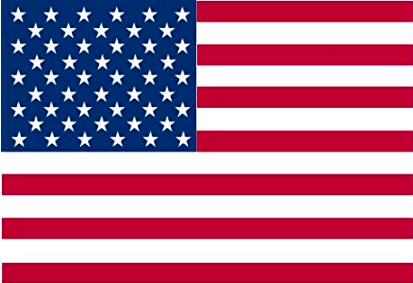Public School Cancels Nativity Scene From Christmas Festivities Because of Atheist Group Complaint
An Oklahoma elementary school cancelled their live nativity scene from its annual Christmas concert after receiving a threatening letter from an atheist group.
The elementary school in Edmond, Oklahoma, put an end to their three-decade long holiday tradition performed by third graders to appease the Freedom From Religion Foundation of Madison, Wisconsin.
Chris Line, the staff attorney for the Freedom of Religion Foundation, wrote the threatening letter to school officials.
“The problem here is the living nativity, teaching students this religious story that is right at the core of Christianity. This is religious instruction in public school basically what’s going on,” wrote Line.
Chris Line said after he was notified by a community member of the school’s nativity scene, he sent the letter to Edmond Public School’s attorney, advising them the nativity scene violates the first amendment. Line added that a Christmas program and songs are acceptable.
Line wrote:
“A concerned Edmond Public Schools community member has reported that each year, third grade teachers at Chisholm Elementary have students rehearse a live nativity scene, which students then perform at the school’s holiday concert in December. We understand that Chisholm students who participate in the nativity play various roles, including Mary and Joseph, etc. …
While a public school can hold holiday concerts, religious performances and instruction that emphasize the religious aspects of a holiday are prohibited … A live nativity performance celebrating the story of Jesus’s birth is precisely the sort of religious endorsement prohibited by the Establishment Clause.”
The FFRF noted in the letter that they sued an Indiana public school district for a similar issue and won in 2015.
Edmond Public Schools released their statement: “After a thorough examination of the content of this year’s program, discussions with Chisholm administrators and parents, and on advice from counsel, changes were made to ensure the program’s content celebrates and respects the religious practices, customs, and traditions of the season while meeting the current legal standards.”



 RSS
RSS
